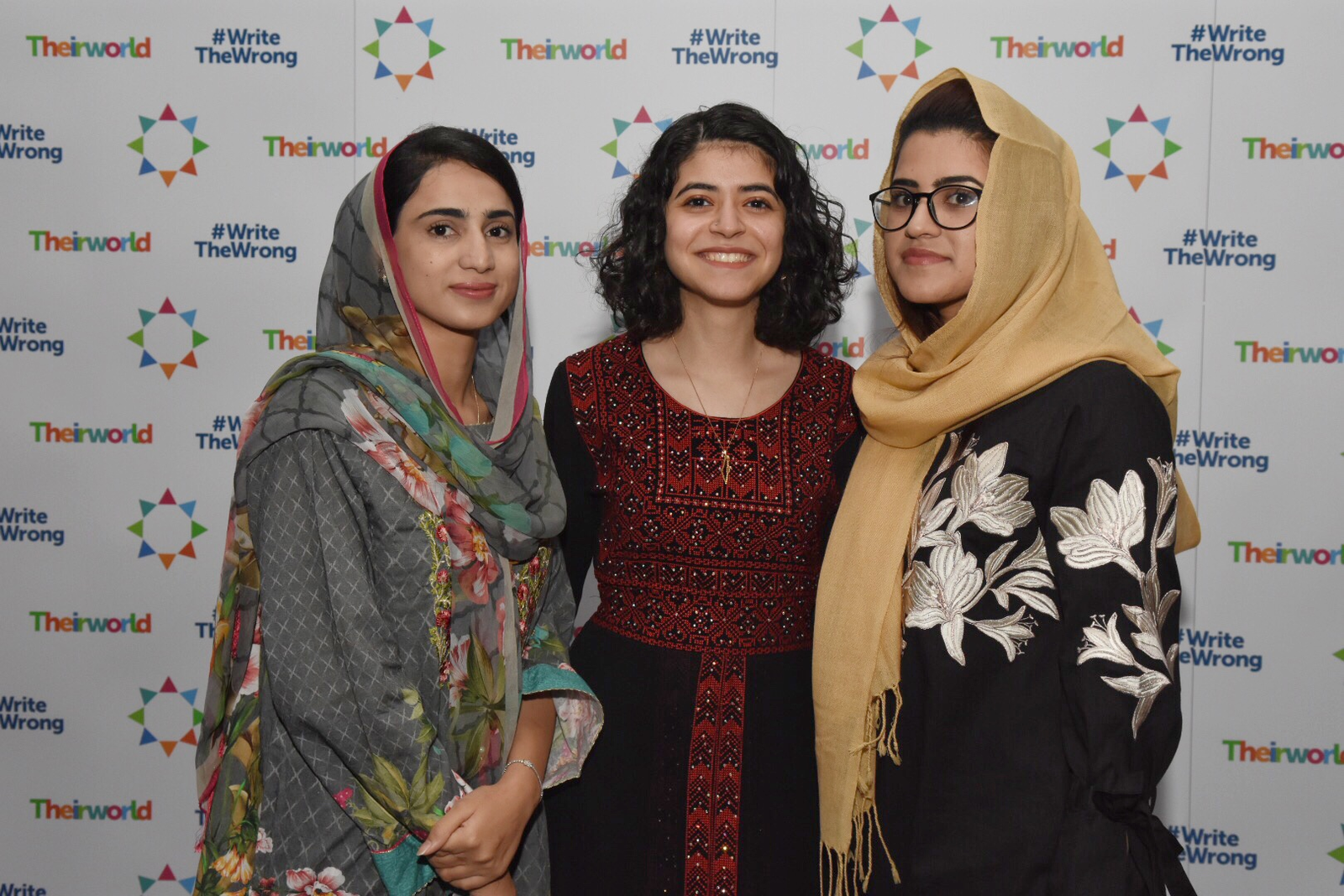
“The situation for Somali children is getting worse because of droughts, famine, malnutrition, conflict, lack of access to healthcare and illiteracy”
Barriers to education, Childcare, Children in conflicts, Early childhood development, Education in emergencies, Girls' education, Global Youth Ambassadors, Health and nutrition, Right to education
A Theirworld Global Youth Ambassador from Somalia writes about the problems of malnutrition, education and early childhood development affecting his country.
Early childhood is a time of remarkable physical, cognitive, social and emotional development. As a child grows, his or her nervous system becomes more mature.
As this happens, the child becomes more and more capable of performing increasingly complex actions.
Unfortunately, all governments in the developing countries did not give priority to cultivating their children. An estimated 200 million children under five years of age in the developing world have significantly impaired growth according to UNICEF and the World Health Organization.
Children in Somalia are among that large number left behind in their early childhood. Somalia has not had effective government for more than two decades.
In famine situations and long-term political instability, children under five in Somalia are particularly vulnerable and make this one of the most difficult countries for children to survive.
The situation for Somali children is getting worse because of droughts, famine, malnutrition, conflict, lack of access to healthcare and illiteracy.
United Nations Secretary-General Antonio Guterres arrived in Somalia for his first trip since he took office in January. It was an emergency visit aimed at drumming up support for an effort to avert a famine that could affect 6.2 million people.
Mr Guterres said the challenges facing Somalia – a combination of hunger, drought, conflict and disease – require a massive response.
His emergency visit came after the UN warned that a severe famine in Somalia was a distinct possibility. If the rains failed again and urgent international action was not taken, it said, the country could see a repeat of the famine of 2011, which killed more than 250,000 people.
About 6.2 million people – about half of the population of Somalia – are in need of assistance. Nearly three million people are unable to meet their daily food requirements and need urgent life-saving assistance.
Almost 950,000 children under the age five will be acutely malnourished this year, with 185,000 of those children are at risk of death without immediate medical treatment.
I am 26 years old. My age is equal to the number of years which my country has been unstable. You can imagine what it feels like for someone like me who has never seen peace or stability, or have the government care for them and provide the basic services of life.
Malnutrition is one of the main obstacles facing children in Somalia. About 40% of children suffer from malnutrition and 33% only eat once a day, according to UNICEF.
A third of newborns suffer from low birth weight. The lack of prenatal care and education for mothers is often the cause. In Somalia, only 9% of babies are breastfed exclusively and only 3% get birth registration.
Nutrition is extremely important. Without good nutrition, children run the risk of being stunted in their growth, which means they are too short for their age and their bodies and brains will never grow to their full potential.
Somali children are suffering epidemic diseases since the water used is unsuitable to drink. Many children die each year from dehydration and illnesses like diarrhoea, malaria, cholera and pneumonia or other respiratory infections.
Illiteracy is another challenge facing Somali children. Many government schools that provided free education were destroyed and most of them have not been rebuilt and reopened.
Financial burdens mean poor families cannot pay for school costs which encourages child labour.
According to UNICEF more than four million Somali children are out of school. Enrolment rates are among the lowest in the world, with only four of 10 children in school. The numbers are far lower for girls, who are often kept at home for housework or pushed into an early marriage.
Much illiteracy exists in Somalia but it is notable that the Somali government has made efforts and launched a wide-ranging campaign to give free education for one million Somali children. This initiative is supported by UNICEF and generously funded by various donors.
But more works needs to be done to increase enrolment and to give every child a quality education.
I conclude my article with a call to the new Somali Federal Government led by His Excellency Mohamed Abdullahi Farmaajo.
Dear President, please care for Somali children like you care for your children. You must keep promises made in January 2017 when you proposed your policy plan to lead this country. Somali kids deserve health, protection, play, learning and nutrition.
Also I call on world leaders to keep promises made in September 2015 and adopted in the Sustainable Development Goals – including a target to ensure that by 2030 all children have access to quality early childhood development, care and pre-primary education.
More news

